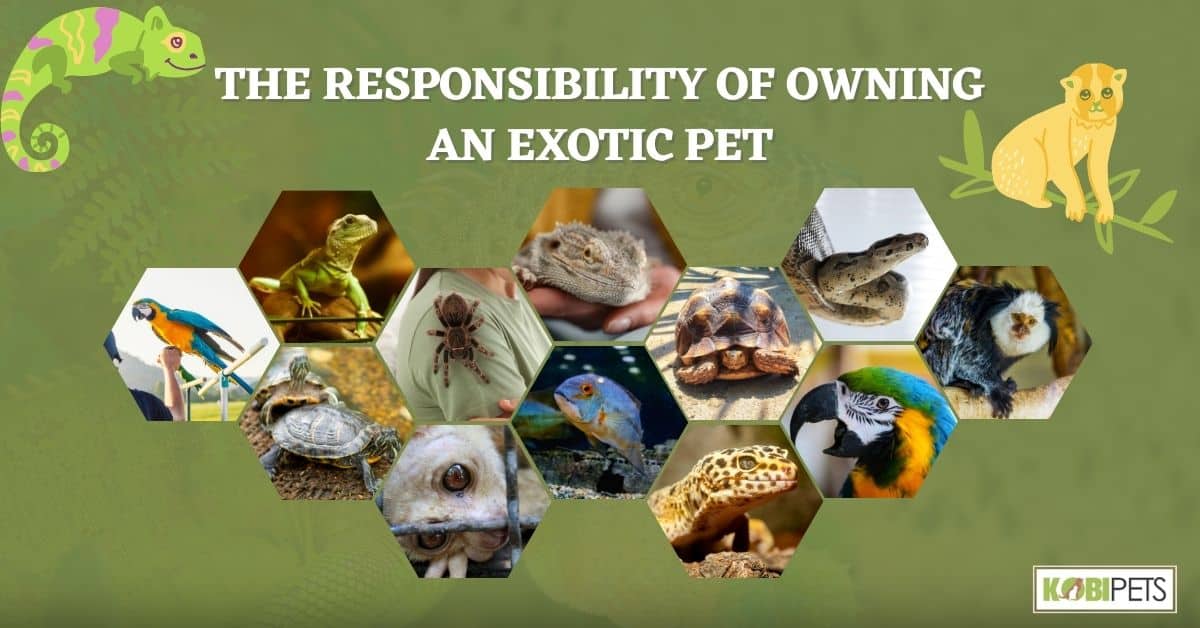
Owning an exotic pet can be both rewarding and challenging. It requires a great deal of responsibility, including proper care, feeding, housing, veterinary care, legal requirements, understanding the animal’s natural behaviors and needs, ethical considerations, and more.
In this article, we’ll explore the responsibilities involved in owning an exotic pet, as well as the potential risks and ethical considerations. We’ll also take a look at the advantages and disadvantages of exotic pet ownership so that you can make an informed decision when it comes to caring for your furry, feathered, scaly, or otherwise unique companion.
Exotic Pets
Exotic pets are animals kept as companions that are not typically seen in households. These creatures have become increasingly popular over the years, ranging from small primates like marmosets and tamarins to large reptiles such as iguanas and pythons.
While these animals may come with the illusion of providing an interesting or off-beat pet experience, they often carry an abundance of both maintenance and legal requirements. It is important for prospective owners to understand what having an exotic pet truly means; research into the species’ specific needs, veterinary options, regulations, and even housing should all be taken into consideration.
Here are the types of exotic pets people can own:
- Small mammals such as hedgehogs, chinchillas, and sugar gliders
- Reptiles including turtles, lizards, and snakes
- Amphibians like salamanders and frogs
- Birds such as parrots, macaws, cockatoos, and finches
- Fish including koi, tetras, and Oscar fish
- Invertebrates like tarantulas and scorpions
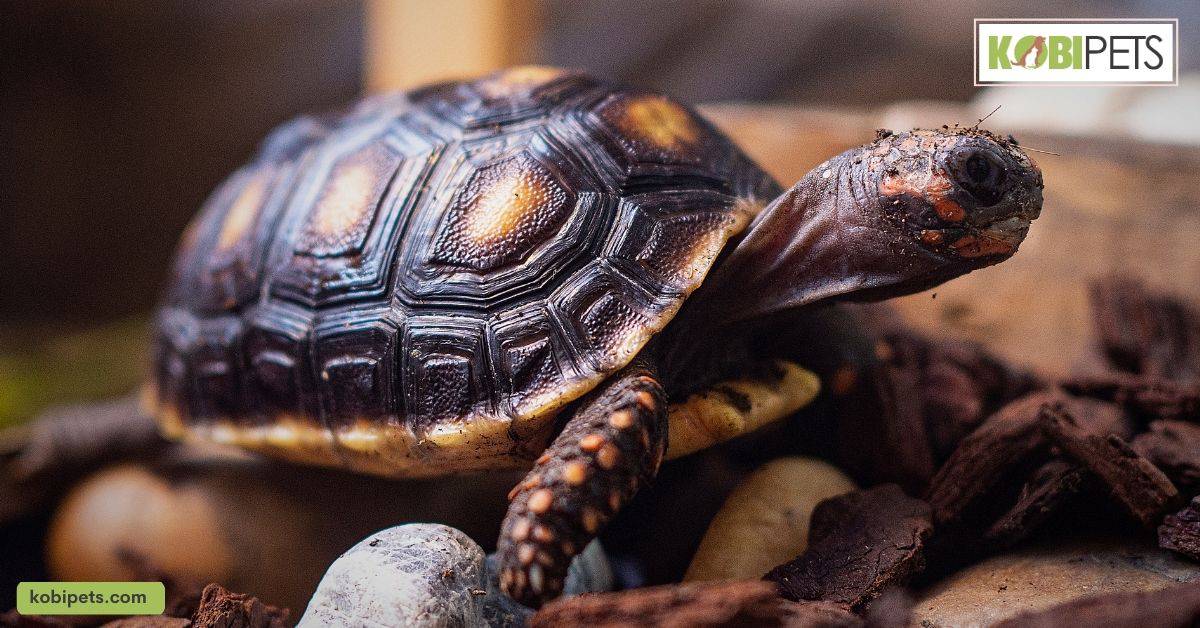
Why People Choose to Own Exotic Pets
Exotic pets can be vivid and visually stimulating, often captivating the interest of potential owners. Many people are drawn to the challenge and novelty of owning an exotic pet, searching out rare and unusual animals not typically found in households.
Exotics can offer a special connection to their owner because they require more dedication and attention than common domesticated animals. In addition, some exotic species possess unique behaviors and personalities that many find exciting to observe first-hand.
However, under no circumstances should one make a decision to own an exotic pet without thoroughly researching its care requirements and ensuring he or she is able to commit to providing all necessary commitments for the animal’s well-being.
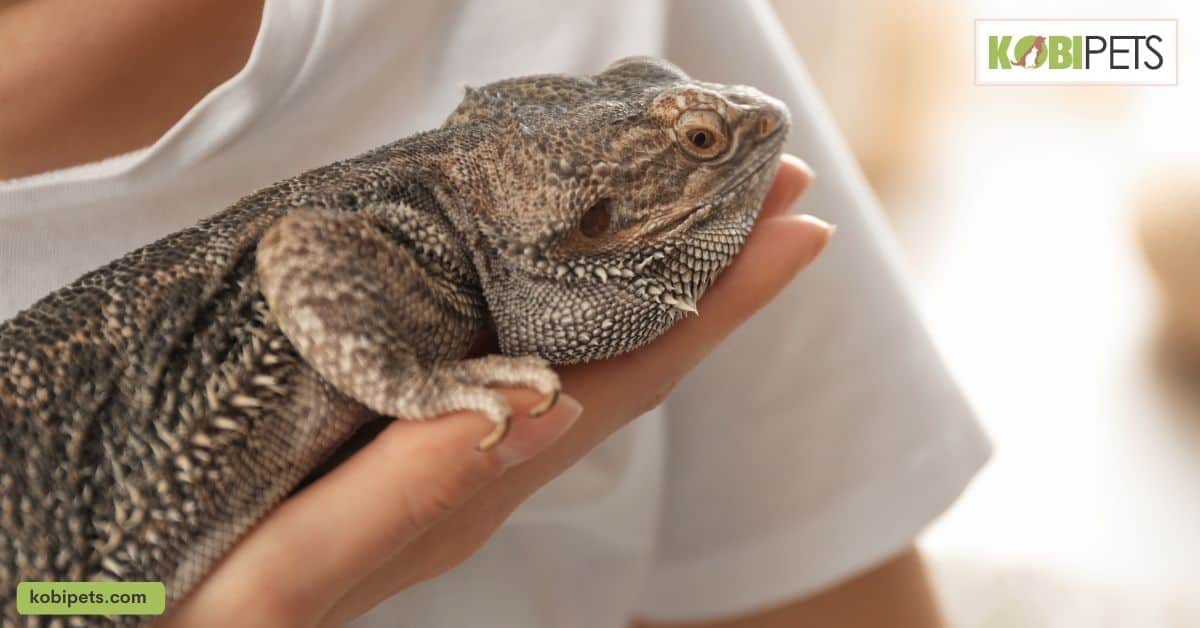
Pros and Cons of Owning Exotic Pets
Owning an exotic pet can be a rewarding and unique experience, but it also comes with its own set of pros and cons.
Pros:
- Uniqueness: Exotic pets are not commonly found in households, which can make owning one a unique and interesting experience.
- Bonding: Many exotic pet owners form strong emotional bonds with their pets, as they often require a lot of care and attention.
- Educational: Owning an exotic pet can be a learning experience, as it requires research and understanding of the species’ specific needs and behaviors.
- Conservation: Some exotic pet owners may choose to breed their pets in order to contribute to the conservation of endangered species.
Cons:
- Cost: Exotic pets can be expensive to purchase, and may also require costly veterinary care and specialized equipment for housing.
- Care: Exotic pets often require specialized care and may need to be fed specific diets or have specific temperature and humidity requirements.
- Legal restrictions: Exotic pets may be illegal to own in certain areas, or may require special permits.
- Risk to the animal: Many exotic pets do not thrive in captivity and may experience health and behavioral issues.
- Risk to the community: Some exotic pets may pose a danger to the community if they escape or if they spread disease.
Overall, owning an exotic pet is a big responsibility and decision, and it is important for potential owners to research and understand the specific needs and risks associated with the species they are interested in before making a decision.
Responsibilities of Owning an Exotic Pet
Responsibilities of owning an exotic pet include providing proper care and housing, feeding and nutrition, health and veterinary care, and adhering to legal requirements. These responsibilities can vary depending on the specific species of an exotic pet being cared for.
Proper Care and Housing
Proper care and housing are essential to the well-being of exotic pets. This includes providing the appropriate size and type of enclosure, as well as the correct temperature, humidity, and lighting for the species. In addition, it’s important to ensure that the enclosure is secure and escape-proof.
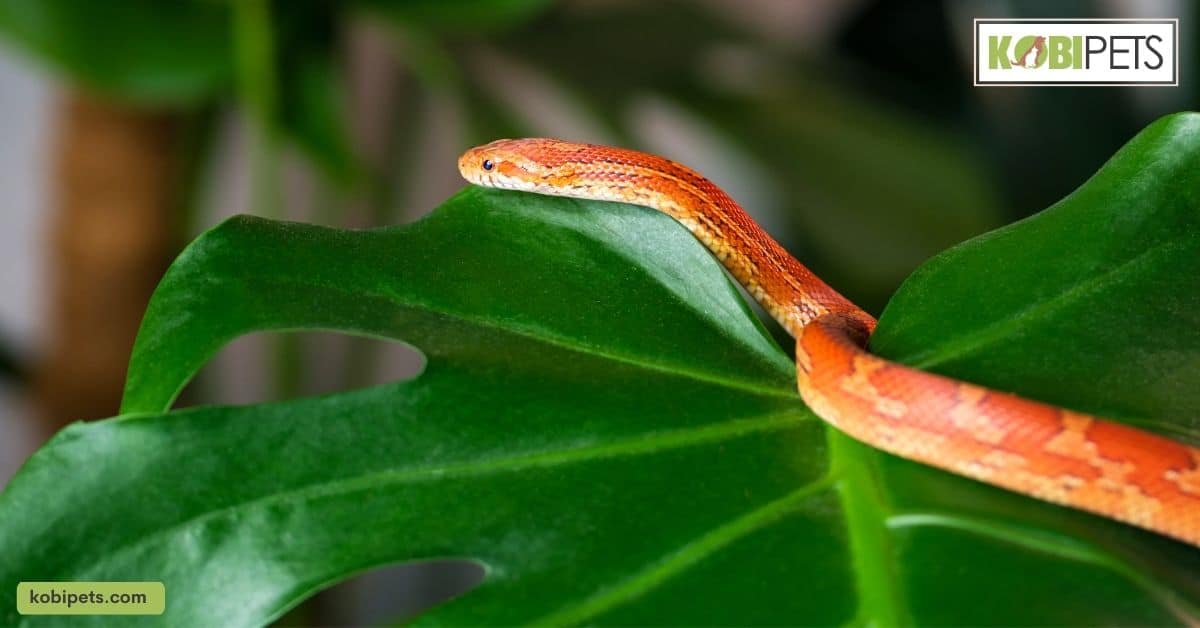
Feeding and Nutrition
Feeding and nutrition are also important responsibilities for exotic pet owners. Each species has its own specific dietary requirements and it’s important to research and provide the appropriate food for the pet.
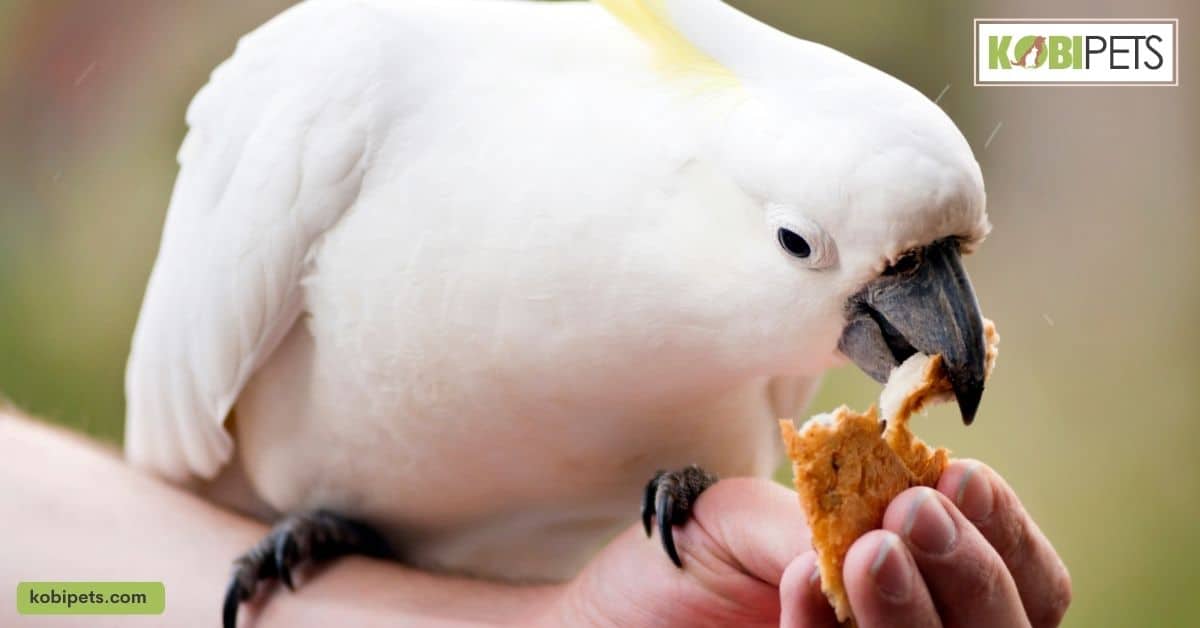
Health and Veterinary Care
Exotic pets may require specialized health and veterinary care, so it’s important to find a veterinarian who is experienced in caring for that specific species. Regular check-ups and preventative care can help ensure the pet’s well-being.
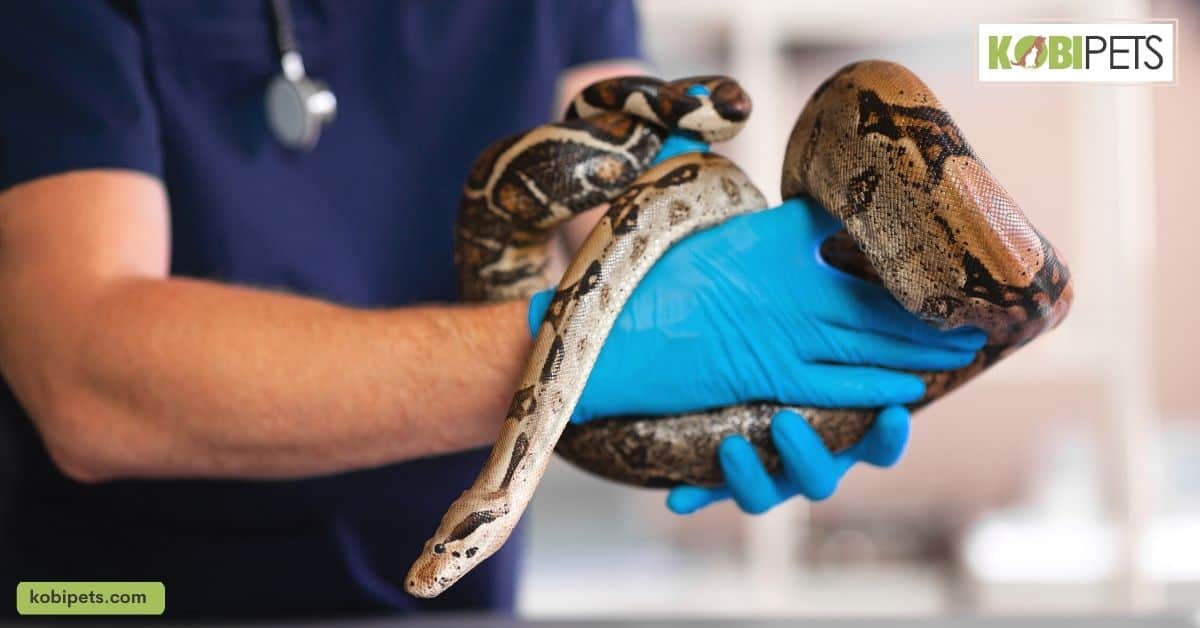
Legal Requirements
Legal requirements vary by location, but it’s important for exotic pet owners to research and understand any laws or regulations that apply to their specific pet. Some species may require special permits or may be illegal to own in certain areas.

Training and Socialization
Exotic pets’ training and socialization are important for many exotic pet owners, as they can help them adapt to captivity and improve their overall well-being. This can also make it easier for the owner to handle and care for the pet.
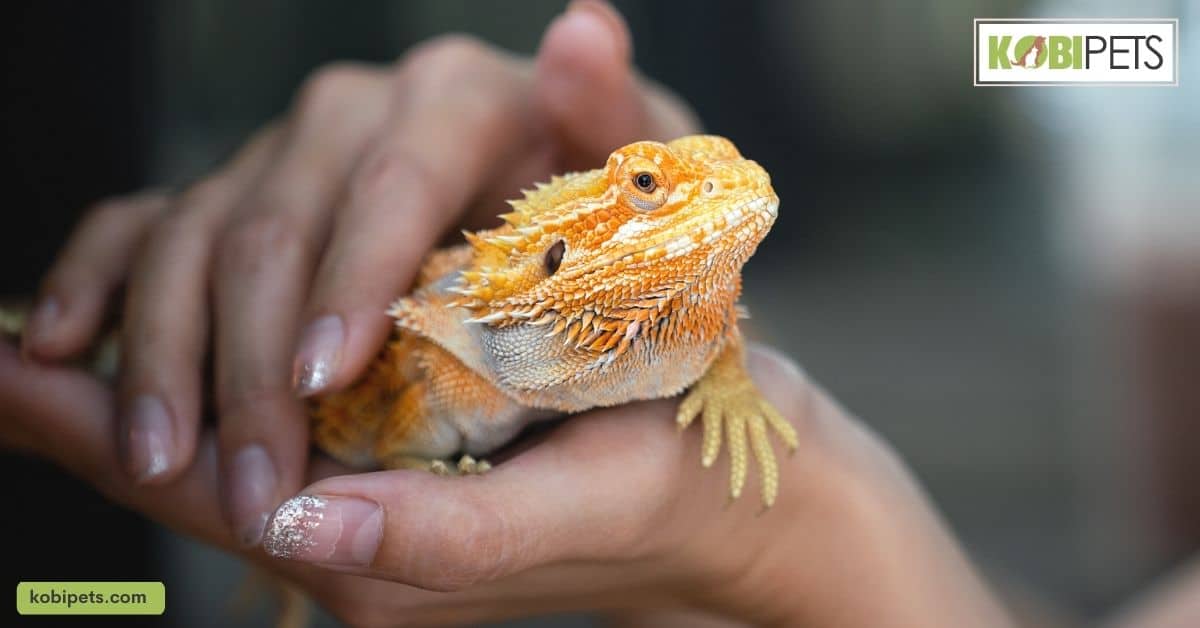
Understanding the Animal’s Natural Behaviors and Needs
Understanding the animal’s natural behaviors and needs is crucial for providing the best care possible. This includes researching the species’ natural habitat, diet, social structure, and behavior in the wild.
By understanding these natural behaviors, owners can create an environment that mimics the animal’s natural habitat as closely as possible, and provide the best possible care for their exotic pet.
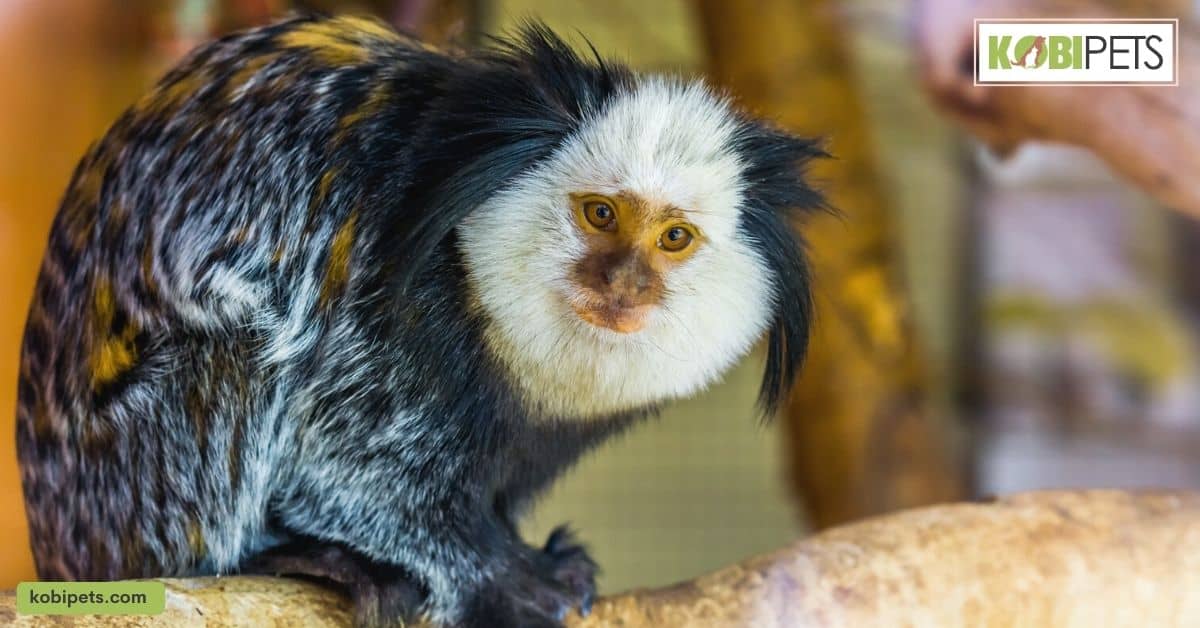
Potential Risks of Owning an Exotic Pet
Owning an exotic pet can come with its own set of potential risks. These risks can include:
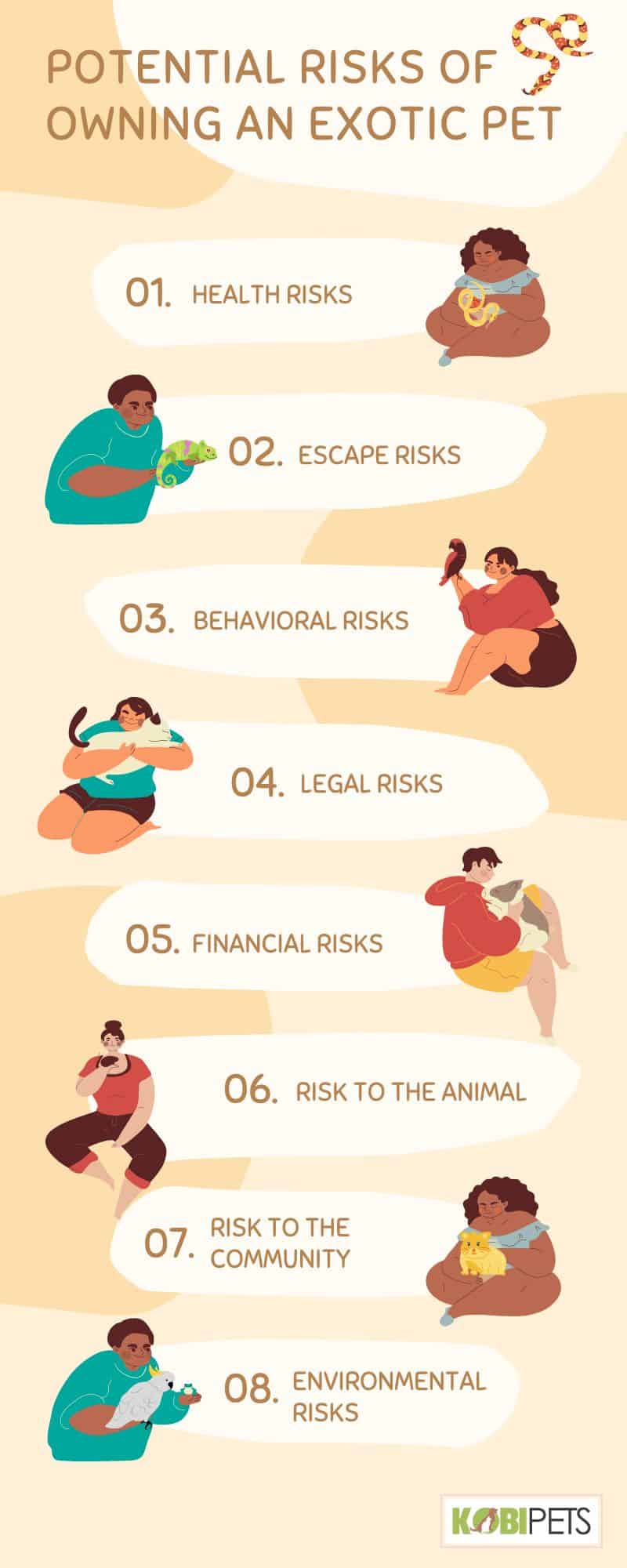
Potential Risks of Owning an Exotic Pet
Health risks
Some exotic pets can carry diseases or parasites that can be transmitted to humans or other pets. Additionally, some species may have specific health needs that are difficult or expensive to meet in captivity.
Escape risks
Some exotic pets, such as reptiles or birds, have the potential to escape from their enclosure. This can not only put the pet at risk but also poses a danger to the surrounding community and local wildlife.
Behavioral risks
Many exotic pets do not thrive in captivity and may experience behavioral issues such as stress, depression, or aggression. This can make them difficult to handle and care for.
Legal risks
It’s important for exotic pet owners to research and understand any laws or regulations that apply to their specific pets. Some species may require special permits or may be illegal to own in certain areas.
Financial risks
Exotic pets can be expensive to purchase, and may also require costly veterinary care and specialized equipment for housing.
Risk to the animal
Many exotic pets do not thrive in captivity and may experience health and behavioral issues. Additionally, some species may have a shorter lifespan in captivity than in the wild
Risk to the community
Some exotic pets may pose a danger to the community if they escape or if they spread disease.
Environmental risks
Some exotic animals may require specific environmental conditions that are difficult or impossible to replicate in captivity, this can lead to maladaptation and health issues.
Overall, owning an exotic pet can be a rewarding and unique experience, but it is important for potential owners to thoroughly research and understand the specific risks associated with the species they are interested in before making a decision.
Ethical Considerations for Owning an Exotic Pet
Owning exotic pets can be a rewarding experience, but it comes with a unique set of challenges including ethical considerations. Exotic animals such as bears, tigers, and monkeys require special care that differs from domesticated house pets such as cats and dogs.
In addition to providing necessary veterinary care, owners must ensure their pet’s mental health is being taken into account by supplying them with proper exercise, environment protection, socialization, and the opportunity to express natural behaviors.
Furthermore, the welfare of these animals should always be taken into consideration before making the decision to own one; that means understanding their possible lifespan and needs according to their species, preparing for any potential danger they could pose to people or other animals during their life span, and being willing to provide sufficient space and funds required for safe conditions.
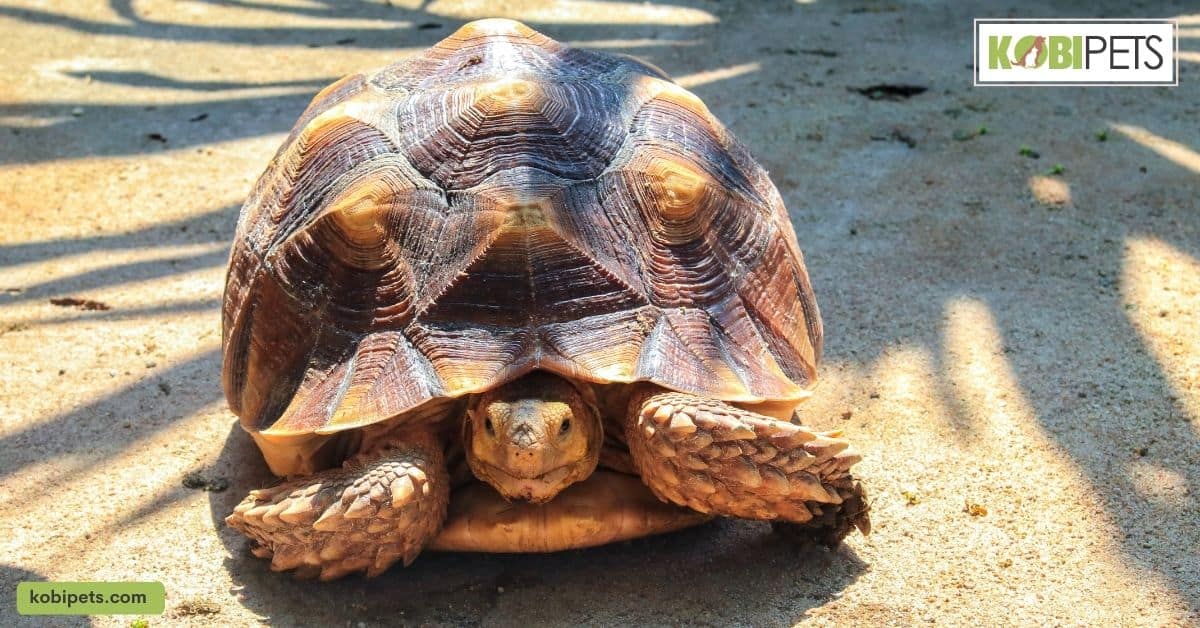
In Conclusion
Owning an exotic pet can be a rewarding experience, but it carries a great deal of responsibility. Before considering bringing one into your home, research the species’ specific needs and care requirements and be sure that you are able to commit to providing for all its necessary commitments for the animal’s well-being.
Additionally, ensure you understand any legal requirements and ethical considerations that may be associated with owning the species you are interested in. With proper knowledge and commitment, exotic pet ownership can be a positive and enriching experience for both owner and pet alike.






